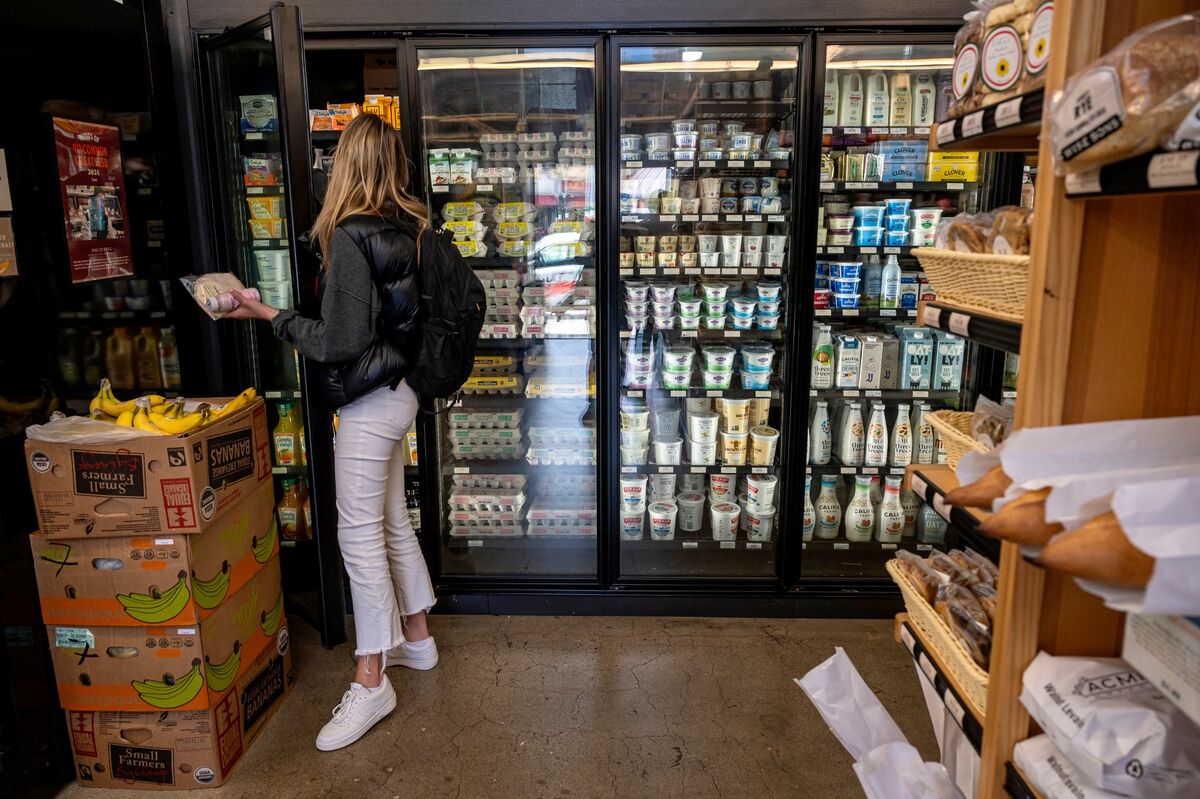Tariffs on Goods: P&G & Unilever CEOs Sound Alarm
The CEOs of Procter & Gamble (P&G) and Unilever, two consumer goods giants, have recently raised concerns about the escalating impact of tariffs on goods. Their alarm bells signal a potentially significant shift in the global marketplace, affecting not only their bottom lines but also consumers worldwide. This article delves into the implications of these tariffs, analyzing their impact and exploring potential consequences.
The Rising Tide of Tariffs: A Threat to Global Commerce
Tariffs, essentially taxes imposed on imported goods, have become a focal point of global trade disputes in recent years. While proponents argue they protect domestic industries, critics contend they stifle competition, inflate prices, and disrupt established supply chains. The concerns voiced by P&G and Unilever CEOs highlight the very real consequences businesses face when tariff barriers are raised.
What are the key concerns expressed by P&G and Unilever? Both companies rely heavily on global supply chains, sourcing raw materials and manufacturing products in various countries. Increased tariffs significantly increase their production costs, forcing them to consider passing these costs onto consumers through higher prices or absorbing the losses, impacting profitability. This creates a delicate balancing act that threatens both corporate profits and consumer affordability.
Impact on Consumers: Higher Prices and Reduced Choice
One of the most immediate consequences of tariffs on goods is the increased cost to consumers. When companies like P&G and Unilever face higher import costs, they are often forced to pass these costs down the line, resulting in higher prices for everyday products like shampoo, detergent, and personal care items. This can disproportionately affect lower-income consumers, who are more sensitive to price fluctuations.
Furthermore, tariffs can limit consumer choice. If imported goods become prohibitively expensive due to tariffs, consumers may find their access to preferred brands or products significantly reduced. This lack of competition can lead to less innovation and potentially lower-quality products in the market.
The Supply Chain Disruption: A Complex Web of Interdependencies
The globalized nature of modern supply chains means that tariffs can have ripple effects throughout the entire network. A tariff imposed on a particular raw material, for instance, can disrupt production schedules, lead to delays, and necessitate costly adjustments to sourcing strategies. This disruption not only impacts the profitability of major corporations like P&G and Unilever but also smaller businesses that rely on their supply chains.
The CEOs' warnings underscore the fragility of these complex interdependencies. Small changes in trade policy can have far-reaching and unforeseen consequences, highlighting the need for careful consideration and international cooperation in trade negotiations.
Looking Ahead: Navigating the Uncertain Landscape
The concerns expressed by P&G and Unilever's CEOs are not isolated incidents; they reflect a growing unease among businesses operating in a climate of increasing trade protectionism. The long-term implications of these tariffs remain uncertain, but several potential scenarios emerge:
- Increased Prices: Consumers can expect to see higher prices for a range of consumer goods.
- Reduced Choice: The availability of certain products may be limited.
- Supply Chain Instability: Businesses will need to adapt and potentially restructure their supply chains, increasing costs and complexity.
- Geopolitical Tensions: Tariffs can exacerbate existing trade tensions between nations.
What can be done? Open dialogue, international cooperation, and a more predictable and stable trade environment are crucial to mitigate the negative impacts of escalating tariffs. Businesses must also adapt by diversifying their sourcing strategies and finding innovative ways to minimize their reliance on vulnerable supply chains.
The alarm raised by P&G and Unilever's CEOs serves as a stark reminder of the far-reaching consequences of protectionist trade policies. The impact extends far beyond corporate balance sheets, directly affecting consumers and the stability of global commerce. The need for a more balanced and collaborative approach to international trade is now more urgent than ever.
